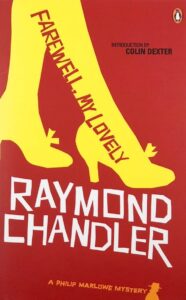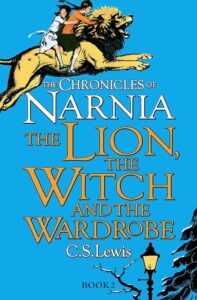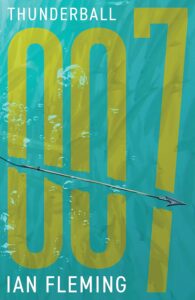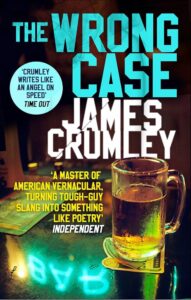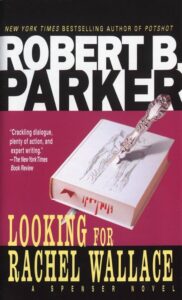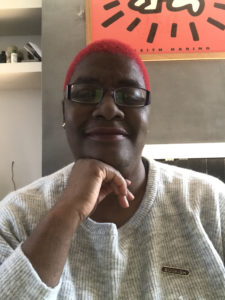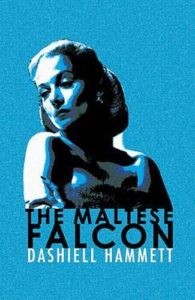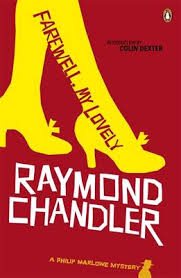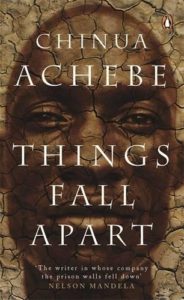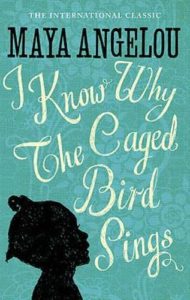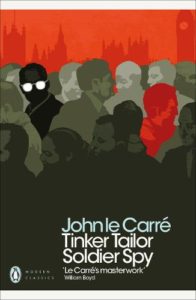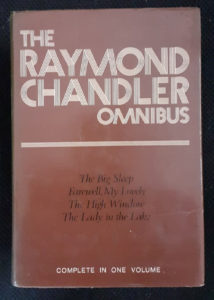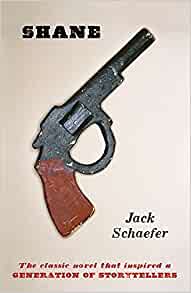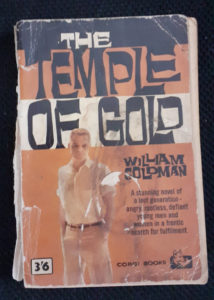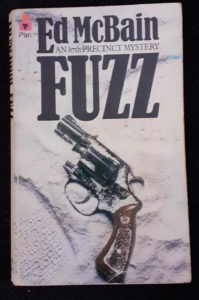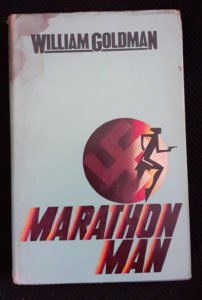Decades: Compiling the Ultimate Library with Luke Deckard
Welcome back to the Decades Library and the opportunity to add five highly recommended new titles to your TBR. I say “new titles” yet the five books which have been recommended by my guest curator this week are actually all over forty years old. Indeed one was actually published in 1940 so it is more accurate to say five books which are new to the Decades Library, if not actually “new” to some readers.
The Decades Library, should this be your first visit, is a collection of unmissable and much loved books which have been recommended to me by the guest curators who have joined me here at Grab This Book. I set the challenge of filling a brand new library (no books on the shelves) and ask my guests to help me assemble the very best library of books which visitors to the library could enjoy. My guests are set just two rules when nominating the books they feel should be added to my Ultimate Library (the Decades Library):
1 – Choose ANY Five Books
2 – You May Only Select One Book Per Decade From Five Consecutive Decades.
I’m closing in on the one hundreth Decades post so please do take time to browse the rest of the site and take in some of the previous recommendations you may have missed. You may also find some book reviews during your browsing – a happy accident should you read one of those too.
Enough from me, time to pass you over to the care of my guest this week. It is with real pleasure I welcome Luke Deckard to the Decades Library…
 Luke Deckard is the author of BAD BLOOD, a 1920s hard-boiled thriller set in Edinburgh now available at AMAZON UK and AMAZON US. He is also the creator and co-host of the film noir podcast MEAN STREETS, a weekly show dedicated to investigating the best, worst and forgotten movies of the genre. Find Luke on Twitter/X or on his website!
Luke Deckard is the author of BAD BLOOD, a 1920s hard-boiled thriller set in Edinburgh now available at AMAZON UK and AMAZON US. He is also the creator and co-host of the film noir podcast MEAN STREETS, a weekly show dedicated to investigating the best, worst and forgotten movies of the genre. Find Luke on Twitter/X or on his website!
Amazon UK
Amazon US
WEBSITE:
TWITTER:
Podcast:
Mean Streets The Film Noir Podcast
https://podcasters.spotify.com/pod/show/luke-deckard
DECADES
Farewell, My Lovely – Raymond Chandler
Book Quote:
“This was the time to leave, to go far away. So I pushed the door open and stepped quietly in.” – Philip Marlowe.
It’s hard to beat Chandler. There’s hardly a crime thriller today that isn’t somehow inspired or influenced by him. Farewell, My Lovely has always been my favourite of his novels, even more so than The Big Sleep. Unlike “Sleep,” Chandler didn’t write “Farewell” by Frankensteining several short stories. It’s easy to read “Farewell” for what it is: a hard-boiled thriller with numerous quotable lines, but the novel is an onion—layered and complex. Here, Chandler presents a slickly plotted story, a much darker and meaner L.A., and a stronger and more brutal social commentary about city-wide/police corruption.
The Lion, the Witch, and the Wardrobe – C S Lewis
Book Quote:
“Bless me, what do they teach them at these schools.” – The Professor.
I wanted to include a children’s book in my list. I can’t think of a better one than The Lion, the Witch, and the Wardrobe. It is the first book I really remember from my childhood. It ignited my imagination as a kid. It’s fantastic and terrifying. I have always loved the professor and his rattling about what they teach in school these days. The clash between the professor’s open mind and Peter’s, Susan’s, and Edmund’s desperation to be adults and logical is pure magic on the page. Children’s books are often far more layered and rich than given credit, and this is no exception! Also, anyone sitting down to read the Narnia books for the first time should not read them chronologically, which is how they are published today, but in publication order. The door to Narnia starts with the Wardrobe.
Thunderball – Ian Fleming
Book Quote: “What’s the good of other people’s opinions? Animals don’t consult each other about other animals. They look and sniff and feel.”
Book Bond is very different to cinematic Bond. At least until you get to Casino Royale (2006). I didn’t read Fleming until my twenties for that very reason. I liked the exaggerated, swinging silliness and gadgets of the films. As a reader, you approach Bond at your own risk. When I finally turned to Book Bond, I was captivated. For whatever reason, I didn’t start at the beginning; I read Thunderball, which is my second favourite Connery film; From Russia With Love being my first. I quickly realised that while cinematic Bond was a hero, Book Bond is Britain’s anti-hero. He may do heroic things and save the day but Bond isn’t a ‘good guy.’ This often isn’t discussed or acknowledged. There’s truthfully nothing honourable about him. He’ll die for the Crown, but he is a sad, repressed alcoholic with nothing to lose, which makes him dangerous. And you can see that on every page. It also makes him a terribly interesting character to read. Not because he’s someone to aspire to be like but to see how far he’ll go for Britain.
The Wrong Case – James Crumley
Book Quote: “This is the great American West. Where men came to get away from laws…You can murder your spouse and the lover in a fit, preferably of passion, and the maximum sentence is five years.”
I picked up The Wrong Case in Edinburgh’s Waterstones around 2018. I was on the hunt for something tough and gritty and splashed on the back cover was a quote from Ian Rankin that read: “As sweetly profane a poet as American Noir could have asked for.” And boy, he isn’t wrong. Crumley took the hard-boiled genre somewhere darker, nastier, and more real than anyone before him. He could wax lyrical like Chandler, be tough like Spillane, but never feel cheap or comic-book-like. His detective, Milo, is one of the few fictional private detectives who you believe suffer the trauma of war; in Milo’s case, the Vietnam War. Crumley expertly tackled the disillusionment and seedy, sweaty corruption of the 70s. Read him and you’ll never be the same!
Looking for Rachel Wallace – Robert B Parker
Book Quote: “And I will always remember that you cried.” – Rachel Wallace
Robert B Parker is my favourite author in the hard-boiled genre, and Looking for Rachel Wallace is my number one Parker book. Parker’s genius was his ability to tackle sociopolitical issues head-on without preaching and offer multiple perspectives without necessarily making one side good or bad/right or wrong. Life is complicated, and so are his stories. Despite his novels being short, they are packed with complex, three-dimensional characters. The beauty of Looking For Rachel Wallace is how Parker explores two people on different sides of the political spectrum and how they come together, respect each other, and build a genuine friendship. This is one of the few crime fiction novels that I would dare call important. Seek it out. You won’t regret it.
Huge thanks to Luke for these excellent recommendations. My frequent returns to the Decades Library are a constant reminder of the thousands of books which have brought joy to readers over the years and a regular reminder to me of how few books I’ve actually read during my 50 years on this planet. I’ve only read Thunderball from Luke’s selections so I clearly need to do even more catching up – my TBR is braced for impact.
If you are in the Manchester area this week you can meet Luke along with Emma Talon and, former Decades Curator, Chris Lloyd at Manchester Central Library. The chat kicks off at 6pm on Thursday 22nd August in the Manchester Central Library.
